The UK has become the most expensive place in the world to build nuclear power plants, according to a government review that criticises "overly complex" bureaucracy around the sector. The report, commissioned by Prime Minister Sir Keir Starmer, calls for a "one-stop shop" for nuclear decisions, which could save Britain "tens of billions" in costs and reverse the industry's decline in recent years.
The Nuclear Regulatory Taskforce's report, released recently, highlighted the need for a streamlined planning system and reduced risks associated with nuclear power. The taskforce suggested that a radical reset of the rules around nuclear power could help the UK meet its future energy needs and net zero targets. The UK government has been looking to build a new generation of nuclear plants, with Hinkley Point C in Somerset expected to start operating in the early 2030s and Sizewell C, capable of powering six million homes, following later that decade.
According to the report, the UK's nuclear industry has faced significant challenges in recent years, including high costs and complex regulations. The taskforce's chair, Lord Willetts, stated, "The current system is overly complex and bureaucratic, making it difficult for companies to navigate and invest in the nuclear sector." He added, "A one-stop shop for nuclear decisions would simplify the process and reduce costs, making it more attractive for investors."
Industry experts have welcomed the report's recommendations, saying they could help revive the UK's nuclear industry. Dr. Richard Werner, a nuclear energy expert, noted, "The UK's nuclear industry has been in decline for several years, and this report offers a much-needed reset. By streamlining the planning process and reducing risks, we can attract more investment and build a new generation of nuclear plants."
The UK government has been working to promote nuclear energy as a key component of its energy mix. The Department for Energy Security and Net Zero has been actively supporting the development of new nuclear projects, including the small modular reactors (SMRs) that are faster to build than full-size reactors. The government's goal is to have a fleet of SMRs operational by the mid-2030s.
The report's findings and recommendations are expected to inform the UK government's policy decisions on nuclear energy. As the UK continues to navigate its energy transition, the nuclear industry is likely to play a crucial role in meeting the country's future energy needs.
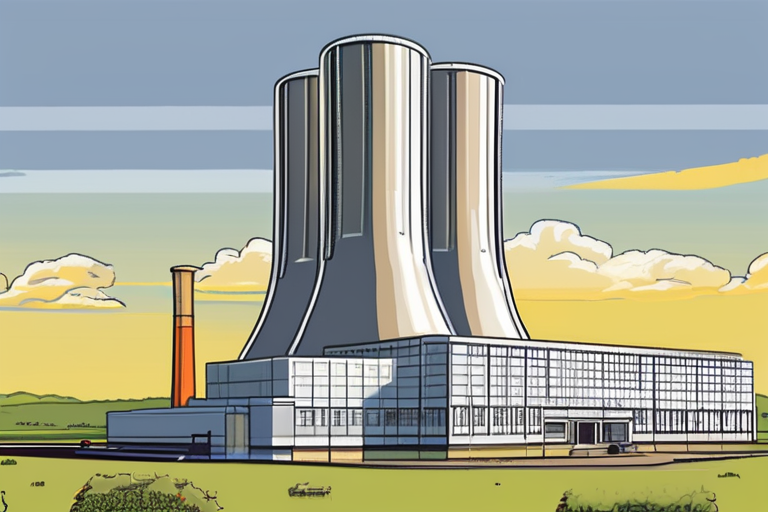


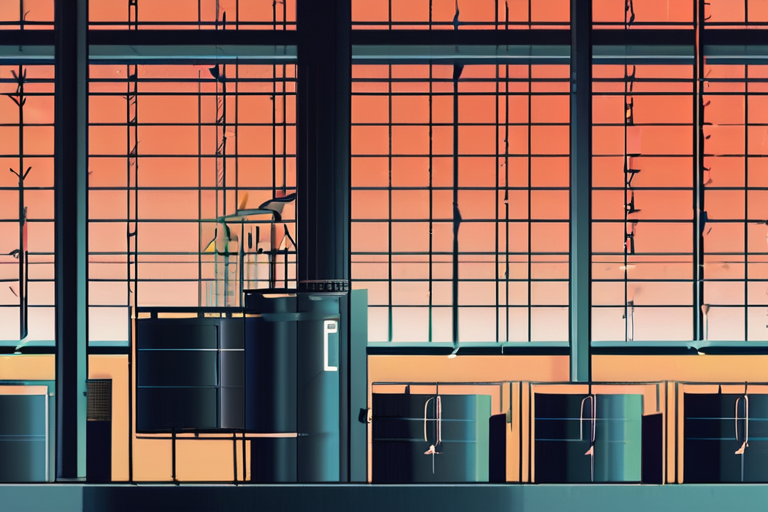
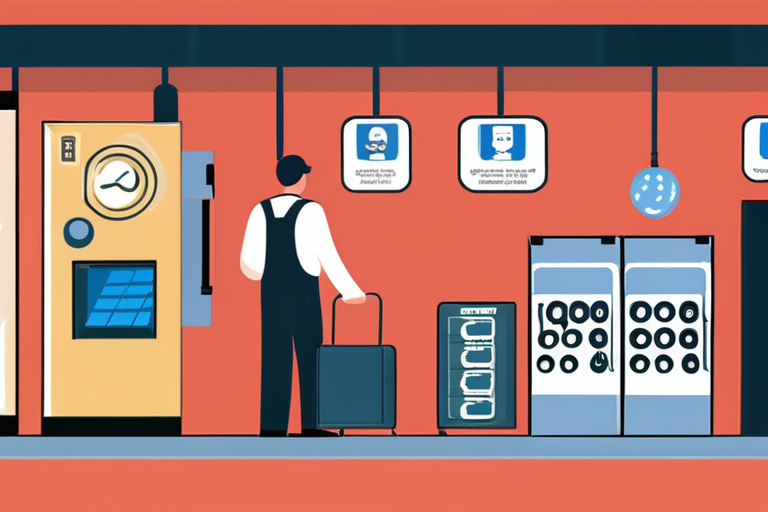
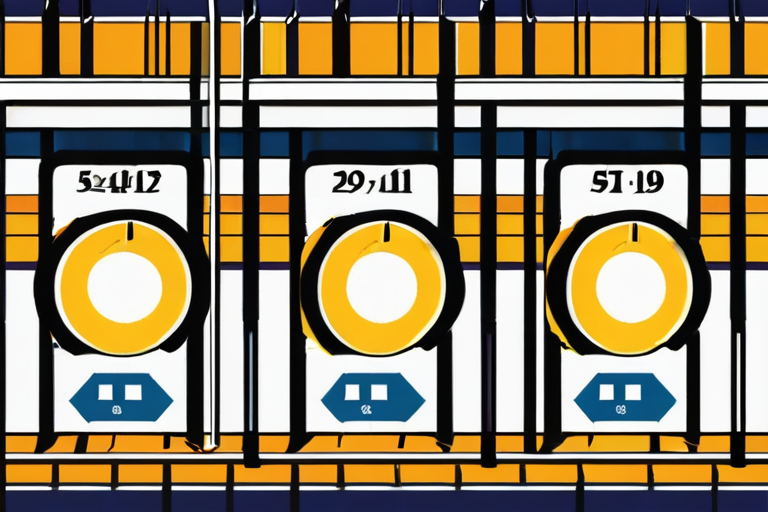
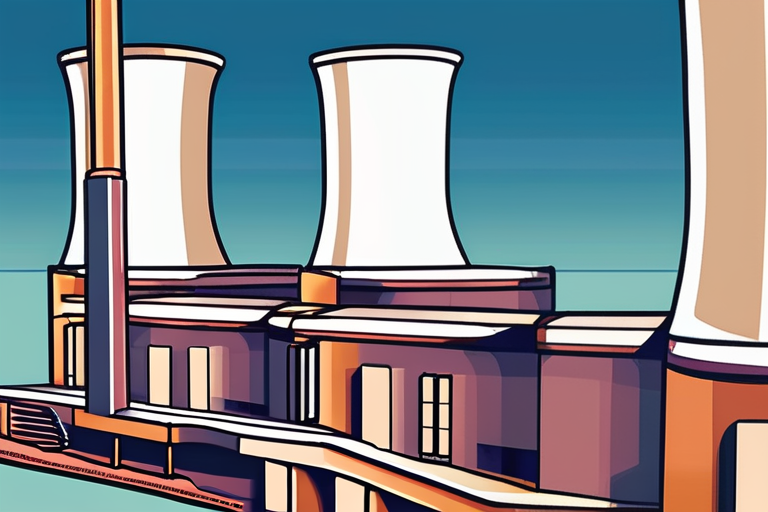
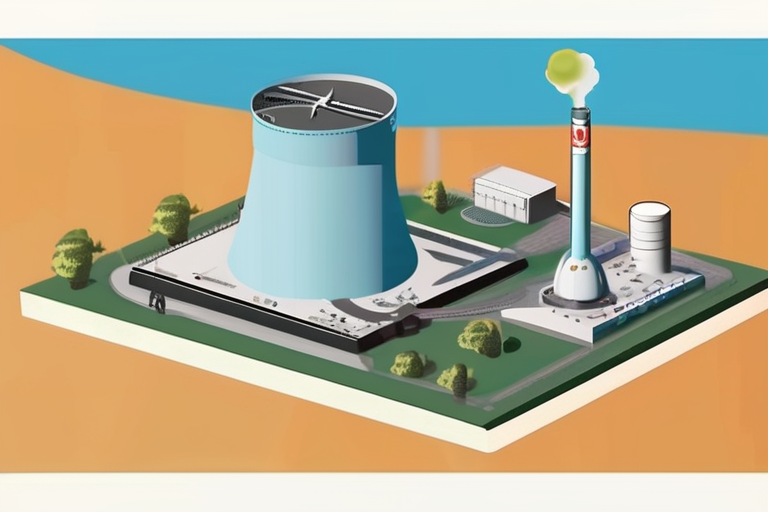



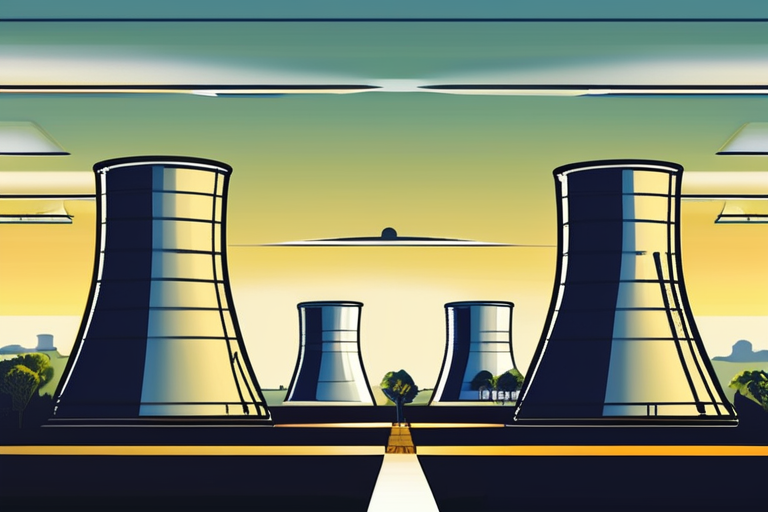

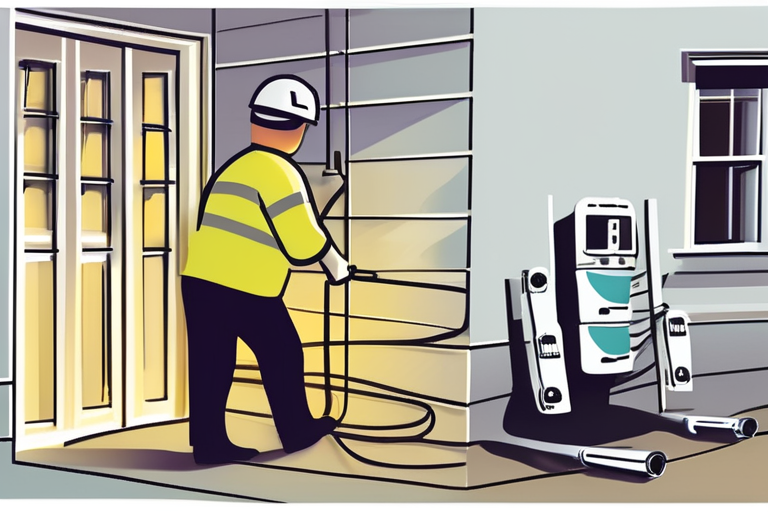
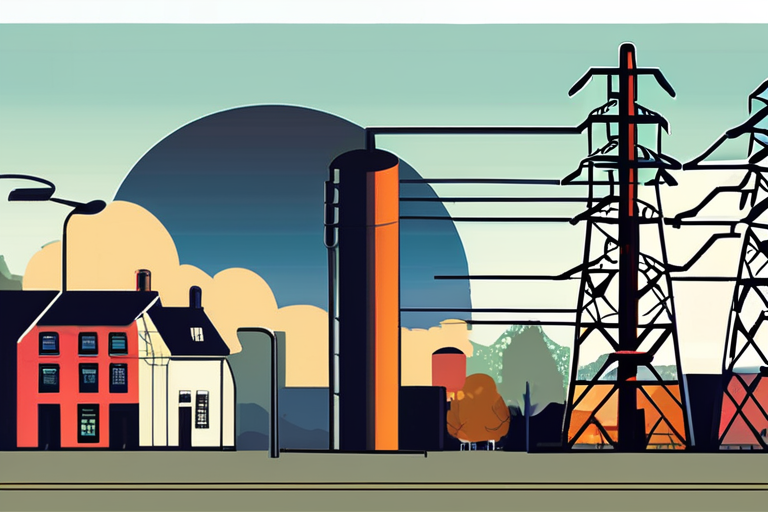
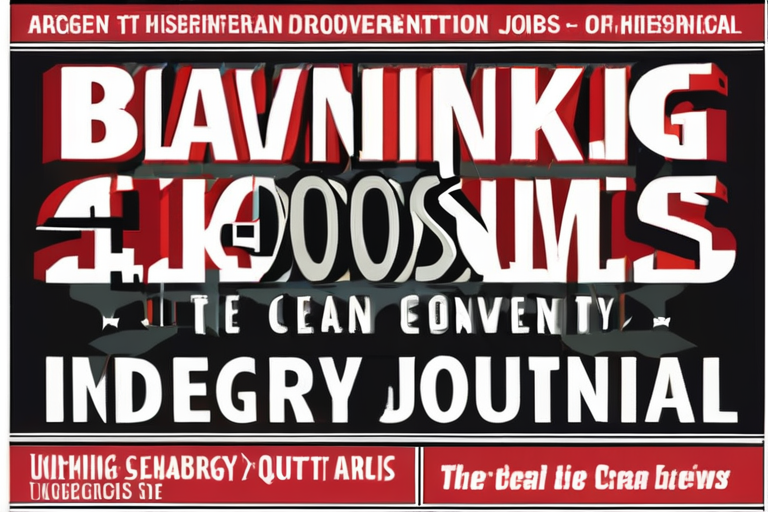
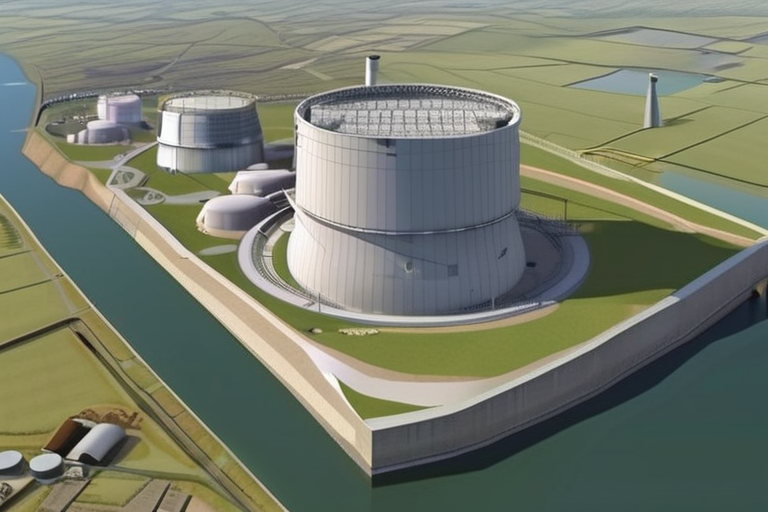
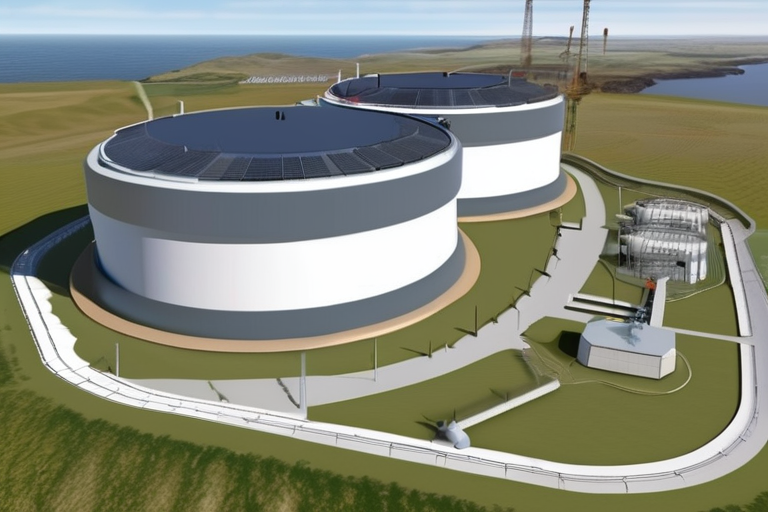
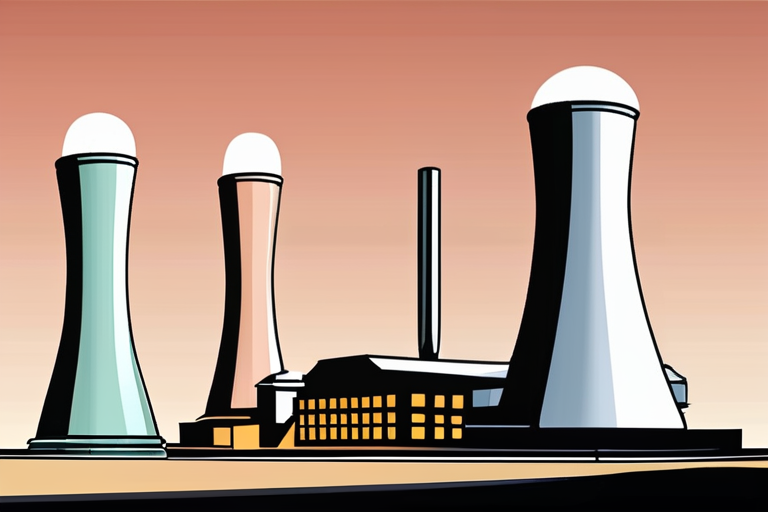
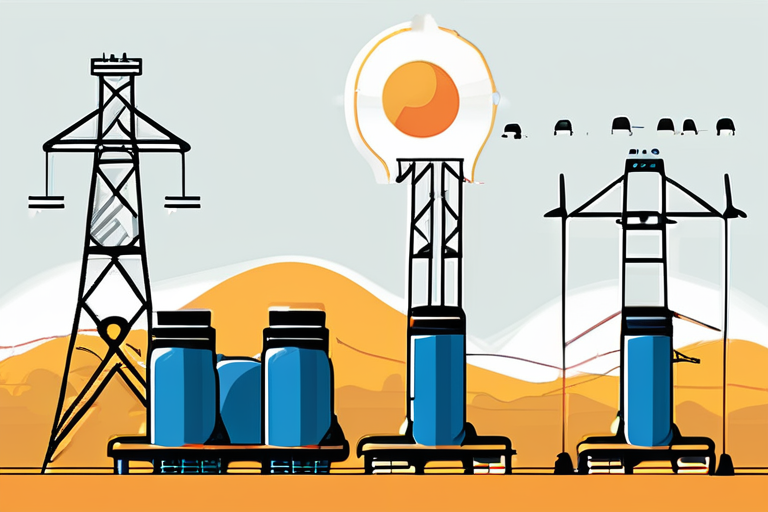
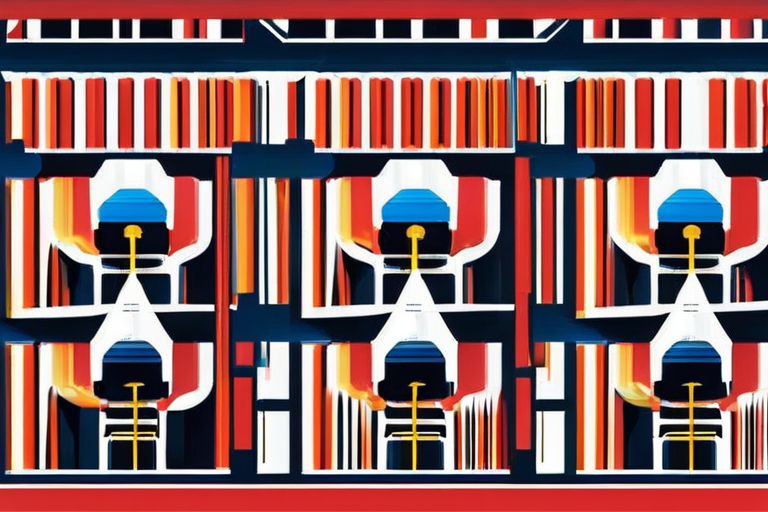
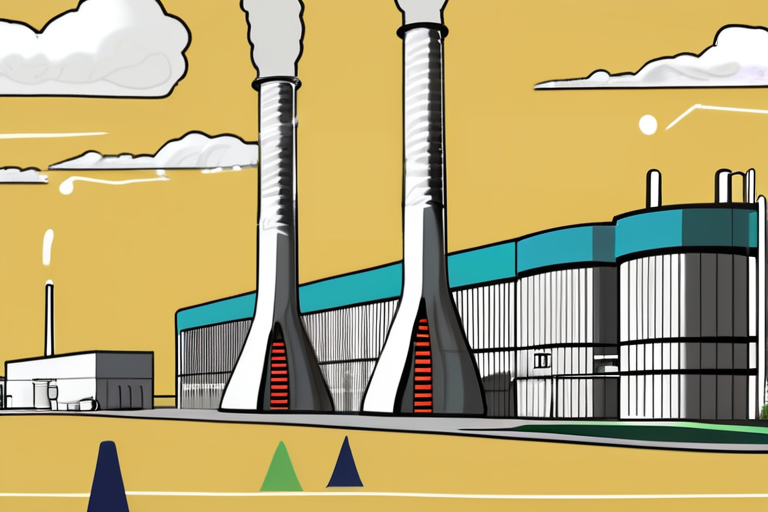
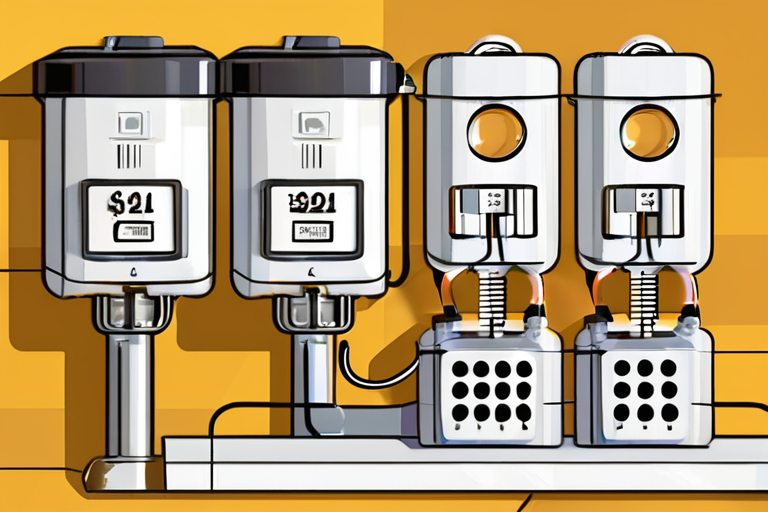

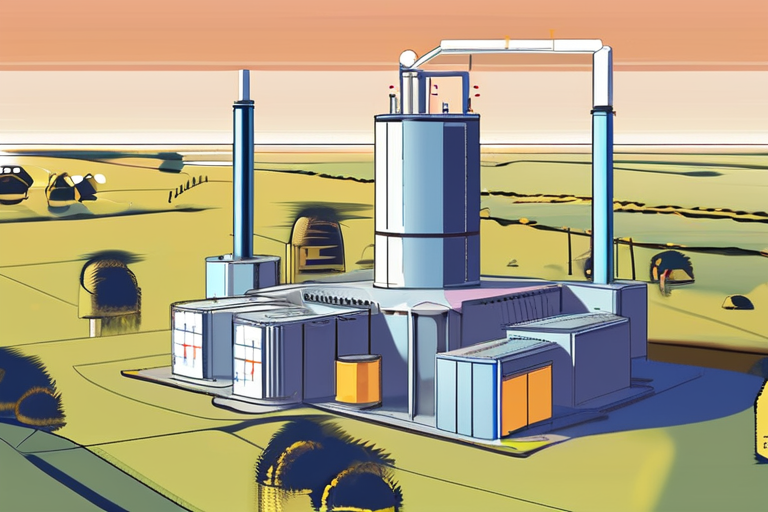

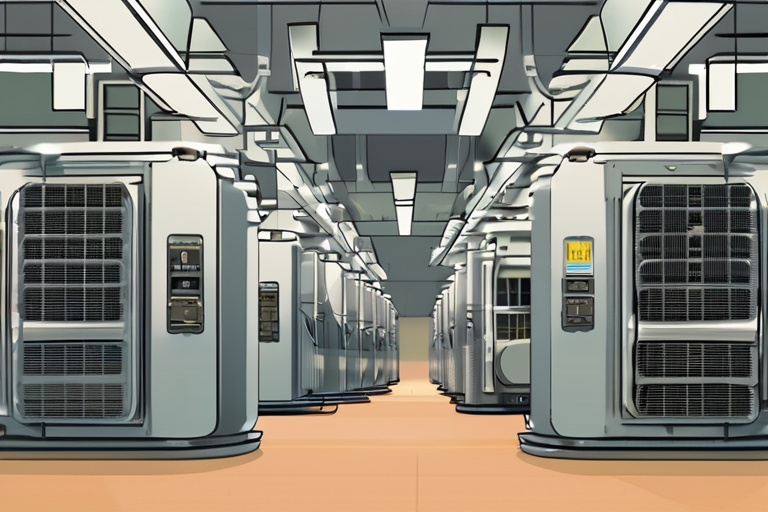
Share & Engage Share
Share this article